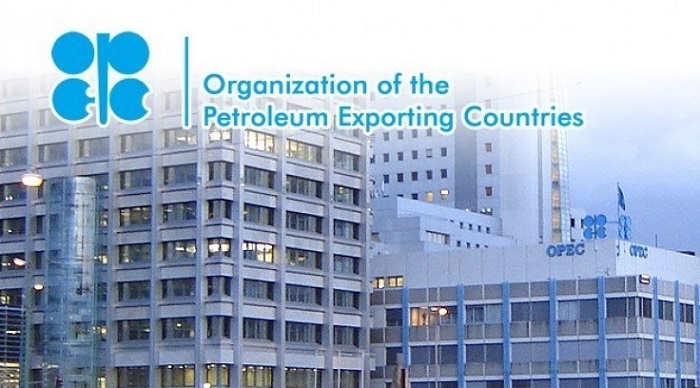Speaking at a press conference following the energy ministers` meeting at the sidelines of the World Energy Conference in Istanbul, Al-Sada said "We agreed to have a technical meeting in Vienna on 29th October and invite some key non-OPEC countries."
The ministers consulted on an oil production cut decision taken at the cartel’s informal meeting in Algiers between 26-28 September, Al-Sada said.
The list for the invitation has not yet been clearly defined but was planned to be as inclusive as possible to encourage interaction between OPEC and non-OPEC countries, he said.
"We are working very hard to do our best try to rebalance the market to the interest of everybody,” Al-Sada said. “There is a stock overhang that is not supporting fair prices. Prices not being fair leads to a decrease in the level of investments, which we have experienced in the past two years. This trend is likely to continue next year that will make it difficult to ensure the sustainability of oil," he added.
The Istanbul meeting was an informal one to clarify a road map for the efforts of OPEC and some non-OPEC countries to rebalance the oil market, al-Sada said.
Energy ministers from OPEC countries of Algeria, Gabon, United Arab Emirates, and Venezuela attended the meeting as well as non-OPEC oil producer Russia`s Energy Minister Alexander Novak. OPEC Secretary General Mohammad Barkindo and Mexico`s Deputy Minister of Energy and Hydrocarbons Aldo Flores-Quiroga also joined.
- Specific issues on agenda for Vienna
"We received an invitation to come to a meeting in Vienna for OPEC and non-OPEC countries," Russian Energy Minister Alexander Novak said.
Novak said they had not discussed any specific figures regarding oil prices in the meeting in Istanbul. The OPEC and non-OPEC countries would be able to consult on more specific issues at the meeting in Vienna.
"We expect OPEC to send out invitations to all major non-OPEC producers, including the US which is the third largest producer," he said.
OPEC members agreed in Algiers to cut down oil production to a range of 32.5 and 33 million barrels per day effective from November.
More about:
















































